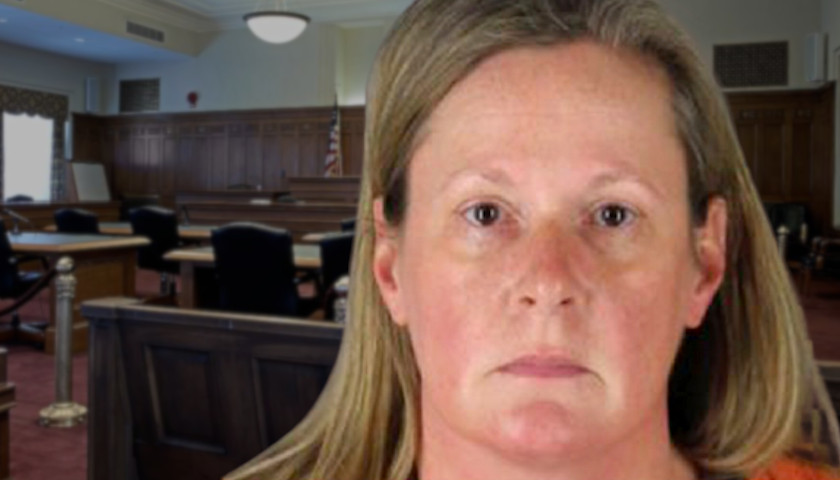Two prosecutors who participated in the case against former Brooklyn Center Police officer Kimberly Potter are at odds over her sentencing.
Imran Ali was the original prosecutor in Potter’s case. But he stepped down, citing the politically charged environment around her prosecution, and paved the way for Minnesota Attorney General Kieth Ellison’s office to take over the case.
“In [the Potter case], a presumptive sentence is 86 months in prison,” Minnesota defense attorney Matt Holson said in a recent interview. “There is a range that the judge can sentence between the low end of the box of 74 [months] and the high end of the box is 103 [months].”
Eighty-six months is just more than seven years, and barring any other incidents, Potter would be expected to serve two-thirds of that sentence. The 86 month sentence is expected because Potter has no prior criminal record. Her attorneys are seeking probation, which Holson says is unlikely.
But Ellison’s prosecutors are seeking the maximum 15 year sentence for Potter, who was convicted of first and second-degree manslaughter in December for the killing of Daunte Wright. As Wright fled the scene of a traffic stop, Potter accidentally shot him with her service pistol. She meant to use her Taser.
When Ellison’s team took over the case, it added the first-degree manslaughter charge.
Before Ali stepped down, he charged Potter only with second-degree manslaughter, a lesser offense than Ellison’s prosecutors.
Ali believes that Potter’s negligence was culpable under the law, but that the evidence did not show she was committing a crime when she shot Wright, according to a recent interview. His second-degree manslaughter charge could have been punishable by probation if Potter had been convicted.
He also offered Potter a plea deal, but her attorney Earl Gray turned it down, citing the fact that the evidence in the case had not yet been provided to the defense.
Ali said would not have added the first-degree manslaughter charge. (In Minnesota, convicted criminals are sentenced based on the guidelines for the most serious crime they committed).
Ellison’s anti-police sentiment has not gone unnoticed. He said convicting former Minneapolis Police officer Derek Chauvin in the murder of George Floyd was “not justice.”
Judge Regina Chu is set to decide Potter’s fate on February 18.
The case was marred by more than a whiff of politics.
“I leave my position knowing that I have served with honor, dignity, and equality in the pursuit of justice. The last several weeks have been difficult for me and my family. The vitriol from some and the infusion of partisan politics by many has made my job difficult to pursue justice,” Ali said when he resigned from the case. “I pray that our state heals and the extreme partisan platforms dissipate. We must return to thoughtful discourse that unites, not impulsive, irrational talking points that divide. Until then, there will be no justice or peace.”
– – –
Pete D’Abrosca is a contributor at The Minnesota Sun and The Star News Network. Follow Pete on Twitter. Email tips to [email protected].




